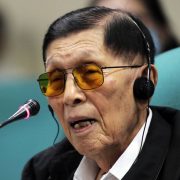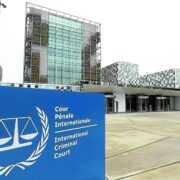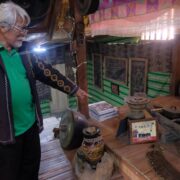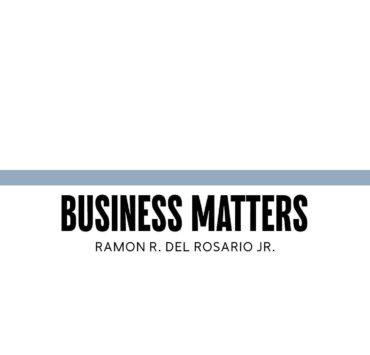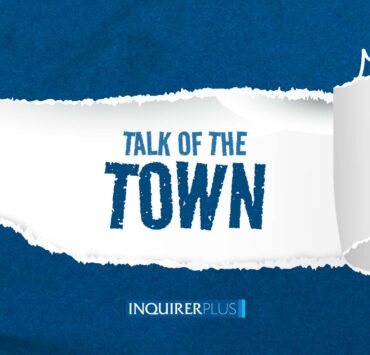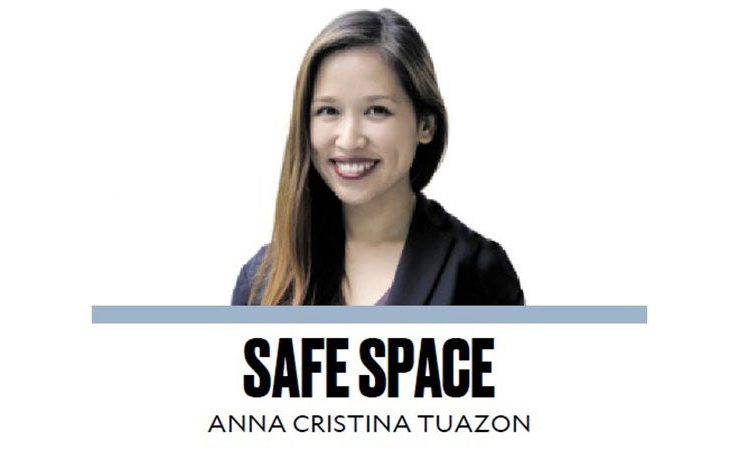Reckoning and hope
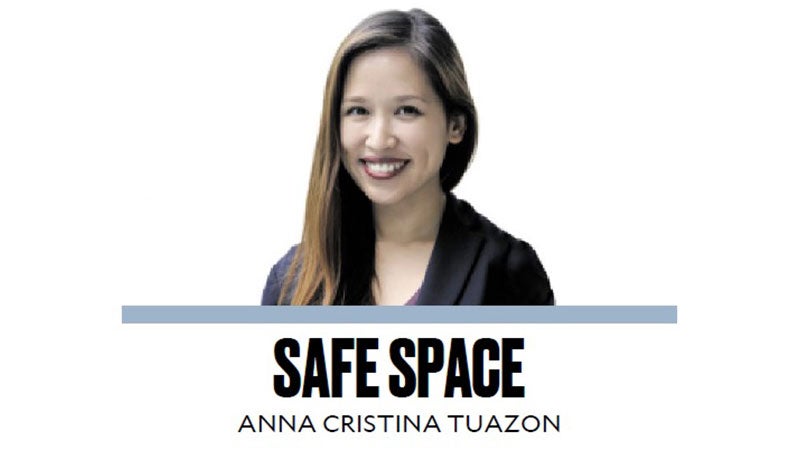
It is that time in the semester when I teach my students about managing suicide risk. It also happens to coincide with September being Suicide Prevention and Awareness Month. I make it a point to clear up misconceptions and help them understand the motivations and logic behind someone’s urge to stop living. Severe emotional pain and hopelessness are a deadly combination. Well-meaning people can focus too much on getting a person to choose life that they fail to recognize, that choosing life means choosing to be in pain. Others can lean on empathy too much, to the point of validating hopelessness, mistakenly confirming that there is no other way through the pain. To effectively prevent suicide risk, we must reduce emotional pain and increase a credible sense of hope.
While some aspects of these can be addressed individually through therapy, larger social forces play a significant role. A society in turmoil and chaos can inflict relentless emotional pain. An entrenched system of corruption and unfairness can breed hopelessness. Understanding suicide risk this way, it becomes apparent why we are in the midst of a suicide crisis. The 2021 Philippine National Survey of Mental Health and Well-Being shows that one out of 10 Filipinos has experienced suicidal ideations. Among them, one out of five has made a suicide attempt at least once in their lifetime. Children are faring worse, with 4.6 percent, or over 1.2 million Filipino children, having attempted suicide at least once in their lifetime.
Despite much improved attitudes on mental health and increased access to mental health services compared to decades ago, we are dealing with more mental suffering than ever. We must recognize that the solution to our suicide crisis doesn’t just lie in effective suicide response, but in stemming the exacerbating forces that cause suffering to begin with.
Currently, the country has been plunged into one political scandal after another. The infiltration of Chinese national Alice Guo, the disappearance of the sabungeros, the arrest of former president Rodrigo Duterte, the impeachment of Vice President Sara Duterte, and now the widespread corruption surrounding flood control projects. My list doesn’t even mention the increasing hardship of Filipinos’ day-to-day life: worsening traffic and transport challenges, increasing cost of food and fuel, and the now-weekly disruption and threat to safety brought about by climate events.
These two lists are not separate; the political scheming and machinations directly bring about adversity to the average Filipino. Every peso stolen represents services denied. Every crime, especially in the service of greed, takes away from the economy and keeps people stuck in hardship. This is why the flood control projects have become the straw that broke the camel’s back. Every time we wade through the flood, every time school and work get suspended due to preventable floods, every time someone gets sick and dies from being exposed to contaminated water, we are reminded that this is the direct result of contractors and government officials taking money from taxpayers to put it into their own pockets (or condo vaults).
I want to argue, however, that we have a critical opportunity upon us. Corruption, once normalized, is now impossible to sweep under the rug. I sense an increasing intolerance for greed and flaunting of wealth. I see people starting to connect the dots between privilege and theft. The ongoing televised hearings regarding such corruption are fueling people’s anger and demand for a true reckoning.
Perhaps, this time, Filipinos will remember that our true power lies in our capacity for collective action and insist on a reckoning of government officials who have long inflicted suffering upon us. Filipinos’ anger gives me hope. I am hoping that this time, we won’t be content to simply write negative comments and rant online. I am hoping that we can hold our focus long enough and demand a follow-through of these investigations. I am hoping that Filipinos have had enough and decide that corruption is no longer acceptable. The opposite of hope and change is not anger but indifference.
It is reasonable to be skeptical, in that we have seen these theatrics before from politicians trying desperately to shift the negative spotlight away from themselves. If an independent commission is indeed forthcoming, that would provide much better hope that legal consequences can be exacted.
The prerequisite for hope is not high. We don’t need to be assured of a favorable outcome; we just need that outcome to be possible. As long as there are people willing to pursue justice, justice is possible. As long as we don’t allow politicians to distract us from what is important, justice is possible. As long as we do not give up or resign ourselves to a corrupt system, justice is possible. There is hope.
—————-
aatuazon@up.edu.ph







